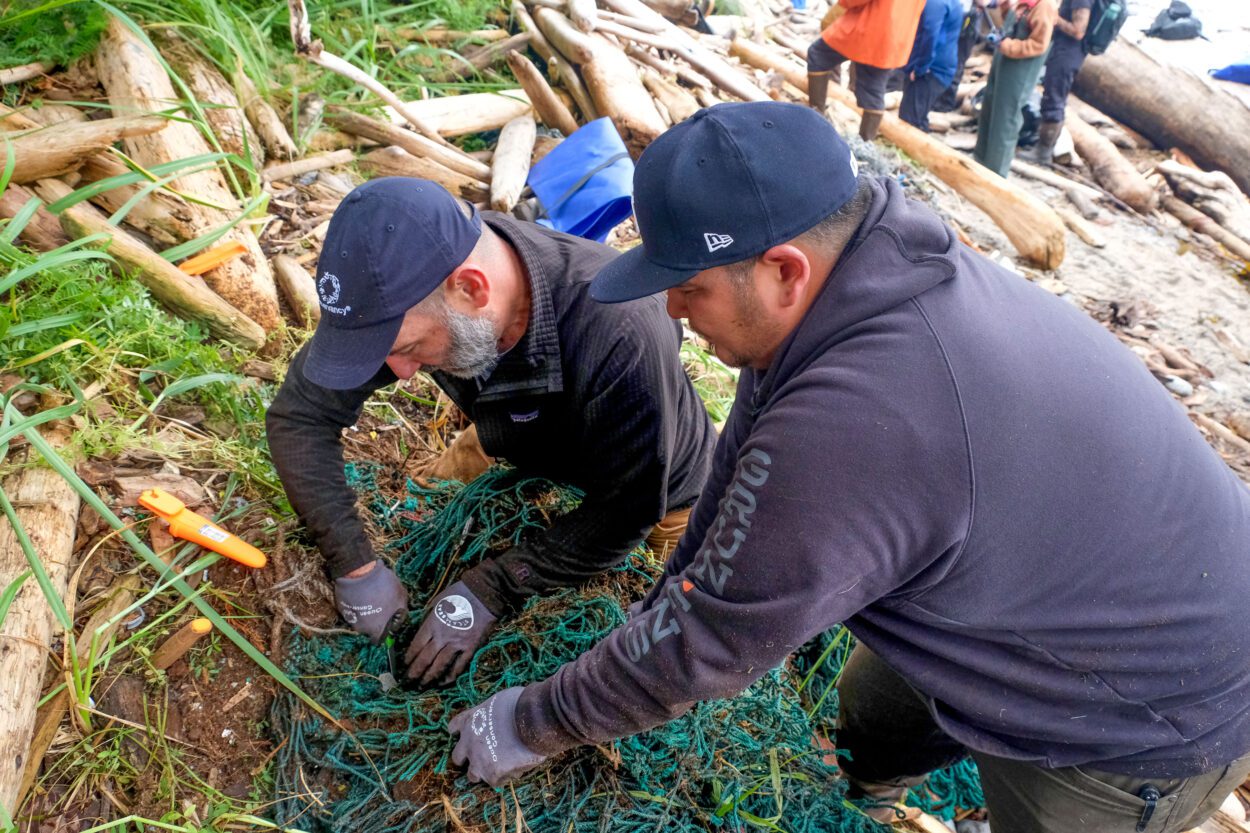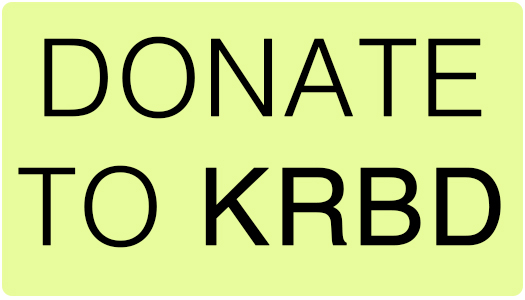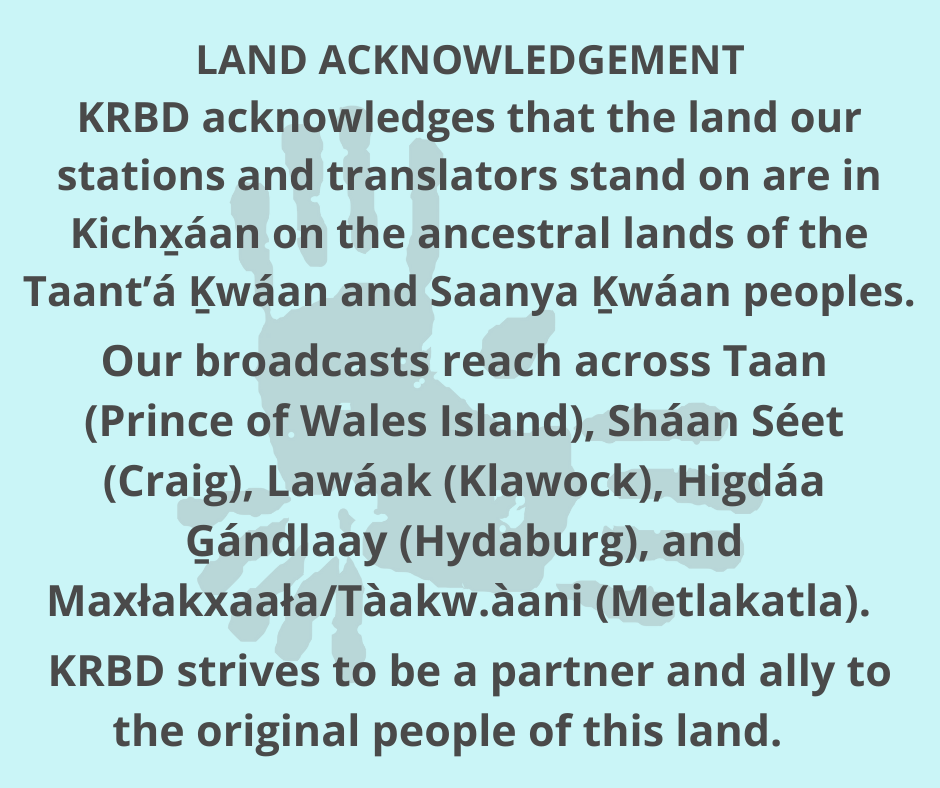
The Central Council of the Tlingit & Haida Indian Tribes of Alaska has received $3 million in federal funding for coastal habitat restoration. The grant is part of a nationwide investment from the Bipartisan Infrastructure Law and the Inflation Reduction Act, announced in August. Tlingit and Haida announced Monday that they had received the award.
Ralph Wolfe leads the Indigenous Stewardship Division, the program within Tlingit & Haida that received the funding. He said the three-year grant will initially be concentrated on growing and training his team to collect and apply ecological data.
“Not only in gathering data, but also turning it into a useful form,” Wolfe said. “So that when we go out to advocate, whether it’s for the upcoming [Alaska Board of Fisheries] meetings or the [North Pacific Fishery Management Council] meetings or the subsistence meetings that are happening also, so we have some information that we can use going forward.”
The program’s research could be targeted anywhere in Southeast Alaska, from Ketchikan to Yakutat, and Wolfe said the focuses will depend on the interests of the community. That could be anything from the impact of sea otters on traditional food sources to salmon returns in various habitats.
Wolfe said once the team builds capacity, the second half of the three-year grant will be spent helping with physical restoration projects. Invasive species like European green crab are top of mind.
“There’s a lot of invasive species that are really coming up, like the green crab, we’re starting to see that come up. There’s a lot of issues that are coming along the lines of black seaweed and kelp and die off there,” Wolfe said. “So there’s a lot of different areas that you can track, and we’re just trying to figure out different ways that we can do that, and different ways that we can get data, collect data, and use it.”
The grant was awarded through a National Oceanic and Atmospheric Administration (NOAA) program, which will allow Tlingit & Haida to apply traditional knowledge to restore habitats and make them more resilient to human-caused climate change.








